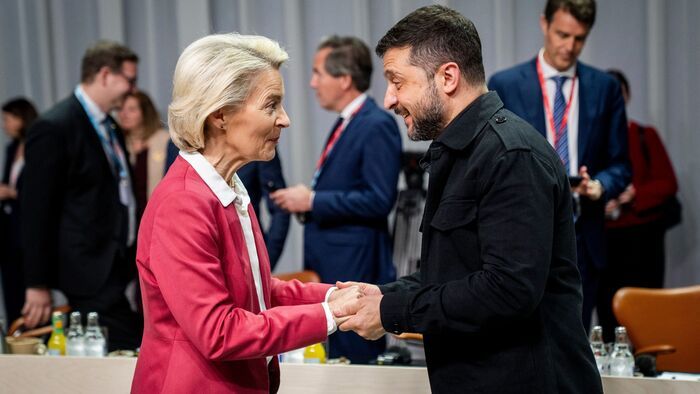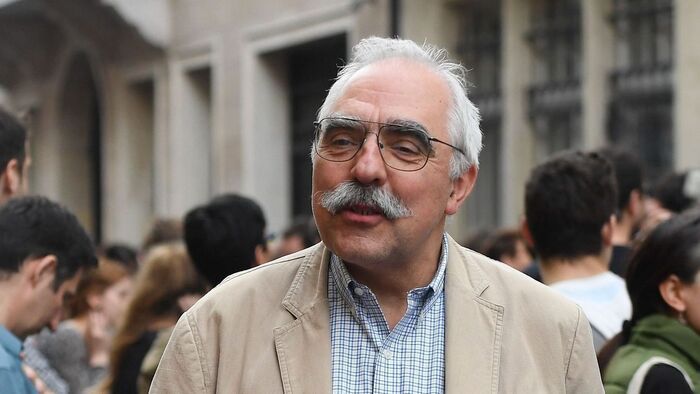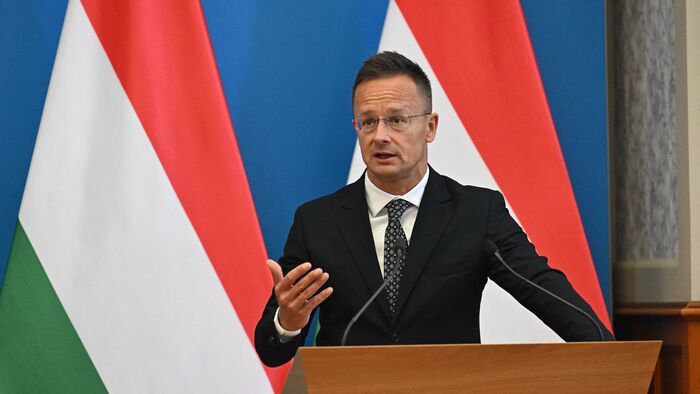The government is clearly placing heavier emphasis on supporting families. What is the reason for this?
The present and the future of the Hungarian nation is based on our families, and since 2010 Hungary has seen a turnaround in family policy, which piqued interest across the world. This week and next week, we are hosting an international conference to showcase the renewal process and successes achieved in Hungary's family policy. We need this because Brussels holds an anti-family position, but we are committed to the traditional family model, to the father, the mother and the children, and this is our identity, our national mission. We can see that the European Union has gone completely astray in recent times, which is evident not only from its stance against families and its support for migration, but also from the fact that the economy is on the wrong track, struggling with competitiveness issues. That is why, with the Budapest Declaration, we intend to initiate a turnaround in the European Union's competitiveness.
How and with what instruments do you help Hungarian families?
Since 2010, the government has been steadily expanding family support to help families achieve financial security. In the form of family tax rebates and other subsidies, 4,400 billion forints have remained in the households' coffers in recent years, enabling families to spend this money on their children and to strengthen their financial security. We have taken a lot of measures: the family tax scheme means a huge tax reduction; with the help of the Family Housing Support Program (CSOK) and CSOK Plus we have helped more than 250 thousand families to have their own home; we have lowered the VAT tax rate on newly built homes to 5 percent. 370 thousand homes have been renovated thanks to the so-called 3+3 home renovation support scheme (3 million forints in non-repayable loan and a loan of 3 million forints with subsidized interest rates).
If we had stayed at the 2010 level, 178 thousand fewer children would have been born in Hungary, but now there are so many more of us, thus making the Hungarian nation stronger.


























Szóljon hozzá!
Jelenleg csak a hozzászólások egy kis részét látja. Hozzászóláshoz és a további kommentek megtekintéséhez lépjen be, vagy regisztráljon!